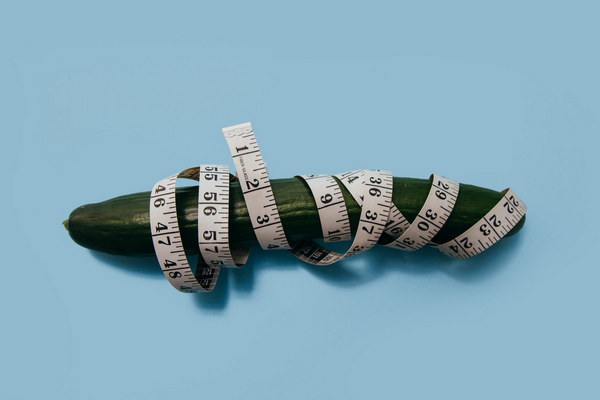The Ultimate Guide to Nourishing Your Kidneys for Optimal Health
Introduction:
The kidneys are vital organs responsible for filtering waste and toxins from the blood, maintaining fluid balance, and regulating blood pressure. In today's fast-paced world, taking care of our kidneys has become more crucial than ever. This article aims to provide you with a comprehensive guide on how to nourish your kidneys for optimal health.
1. Stay Hydrated:
One of the most fundamental steps to kidney health is staying hydrated. Drinking plenty of water throughout the day helps flush out waste and toxins from the kidneys. Aim for at least 8 to 10 glasses of water per day, and adjust your intake based on your activity level and climate.
2. Eat a Balanced Diet:

A well-balanced diet is essential for kidney health. Include a variety of fruits, vegetables, whole grains, lean proteins, and healthy fats in your meals. Some kidney-friendly foods include:
- Leafy greens (spinach, kale, and swiss chard)
- Berries (strawberries, blueberries, and raspberries)
- Tomatoes
- Cucumbers
- Almonds
- Olive oil
- Lean proteins like chicken, turkey, and fish
Avoid excessive intake of processed foods, salt, and sugar, as they can strain your kidneys.
3. Limit Kidney-Straining Foods:
Certain foods can put additional stress on your kidneys, especially if you have existing kidney conditions. These include:
- High-protein foods like red meat and dairy products
- High-sodium foods like processed snacks and canned foods
- High-phosphorus foods like cheese, milk, and beer
Consult with your healthcare provider for personalized dietary recommendations if you have kidney problems.
4. Exercise Regularly:
Regular physical activity helps maintain a healthy weight, which is beneficial for kidney health. Exercise also improves circulation, aiding in the filtration process. Aim for at least 150 minutes of moderate aerobic exercise or 75 minutes of vigorous aerobic exercise per week, along with strength training exercises.
5. Manage Chronic Conditions:
Chronic conditions like diabetes, high blood pressure, and obesity can damage your kidneys over time. It is essential to manage these conditions effectively by following your healthcare provider's recommendations, including medication, lifestyle changes, and regular check-ups.
6. Limit Alcohol and Smoking:
Excessive alcohol consumption and smoking can harm your kidneys. Limiting or avoiding alcohol and quitting smoking can help protect your kidney health.
7. Regular Check-ups:
Regular kidney function tests can help detect early signs of kidney damage or disease. Make sure to get routine check-ups with your healthcare provider, especially if you have risk factors for kidney disease.
8. Stress Management:
Stress can negatively impact your overall health, including your kidneys. Practice stress-reduction techniques such as meditation, yoga, or deep breathing exercises to maintain a healthy lifestyle.
Conclusion:
Nourishing your kidneys is essential for maintaining optimal health. By following these simple steps, you can protect your kidneys and reduce the risk of kidney disease. Remember to consult with your healthcare provider for personalized advice and support on maintaining kidney health.









